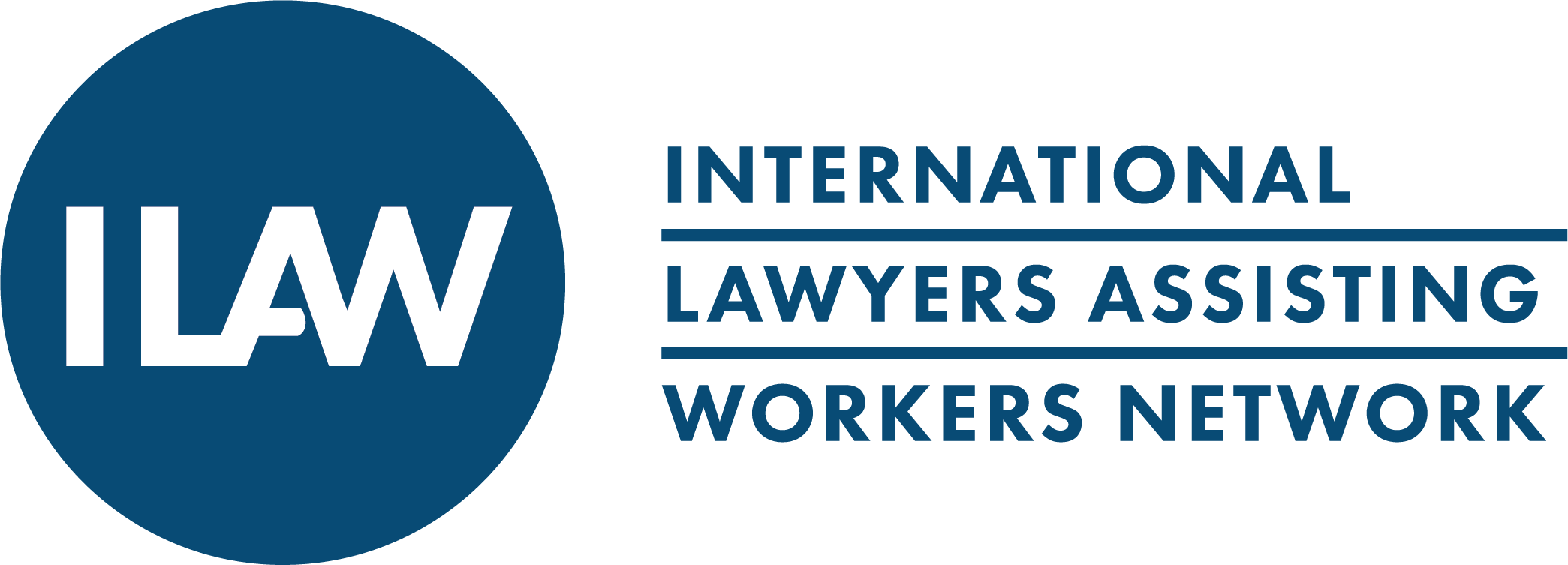The negative impacts of climate change on the world of work around the world are serious and certain to worsen. Further, the actions needed to mitigate and adapt to these …
Addressing Worker Safety and Health Through the Lens of Strategic Enforcement—Part 2
“Ensuring the safety and health of workers in this country, who are employed at millions of workplaces presenting a dizzying array of hazards, is beyond daunting. And yet, it is …
Towards New Human Rights and Environment Due Diligence Laws: Reflections on Changes in Corporate Practice
HREDD laws – i.e. laws that require companies to carry out a HREDD process – are already in place or in development across a growing number of countries, particularly in …
From ‘Fairness at Work’ to ‘Making Work Pay’: A Preliminary Assessment of the Employment Rights Bill
The pessimism of the politics should not obscure the radicalism and ambition of the Employment Bill. Indeed, it may be the most ambitious set of reforms since 1971. The Bill …
Amazon’s office mandate: The hidden power play behind workplace control
In an abrupt move that has reignited debates about working from home, Amazon has recently ordered its white-collar employees to return to the office five days a week, abandoning any …
Varieties of AI Regulations: The United States Perspective
https://journals.sagepub.com/doi/abs/10.1177/00197939241278956a
The UK’s Turn to Switch Off? Lessons from Australia’s Right to Disconnect
One commitment made in the Labour Party’s ‘Plan to Make Work Pay’ was introducing a ‘right to switch off’ from work. Whilst the Coronavirus pandemic demonstrated that a wide range …
Digital Labor Platforms as Machines of Production
Debate about the regulation of “digital labor platforms” abounds globally among scholars, legislators, and other analysts concerned about the future of work(ers). In 2024, the European Parliament passed a first-of-its …
The laws and flaws of AI management in the workplace
The news that 77% of employees who use artificial intelligence (AI) report that doing so has decreased their productivity and increased their workload has been met with mixed reactions. For those familiar …

International Lawyers Assisting Workers Network
c/o Solidarity Center
1130 Connecticut Ave, NW 8th Floor
Washington DC, 20036

NLRB rules anti-union captive audience meetings an illegal abuse of employer power
Last week, the National Labor Relations Board (NLRB) ruled that anti-union captive audience meetings in particular are illegal because they interfere with workers’ right to freely choose whether to form or join …